Undergraduate Major Programs
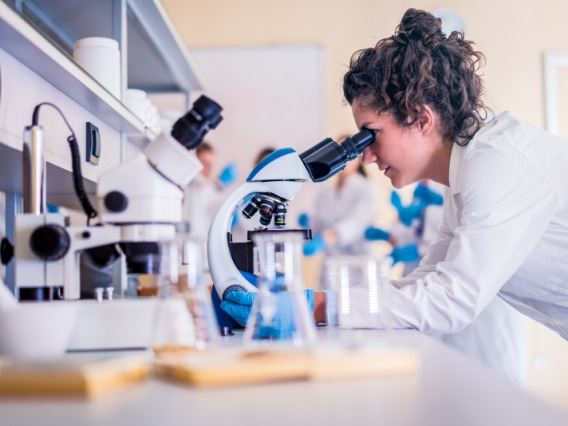
Ecology and Evolutionary Biology
Explore evolutionary ecology and genetics in the first department of its kind in the world. Prepare to pursue graduate study or a career such as scientific journalism, developing environmental and scientific policy, or practicing law in related fields through core courses in genetics, ecology and evolution, and additional opportunities for independent research.

Economics
Hone your analytical skills and position you for a variety of career paths including business, manufacturing, labor, agriculture, natural resources ,and government. Students who wish to earn their B.A. in Economics must first enroll in the Pre-Economics major and complete a minor in a chosen area of interest and four semesters of a foreign language.
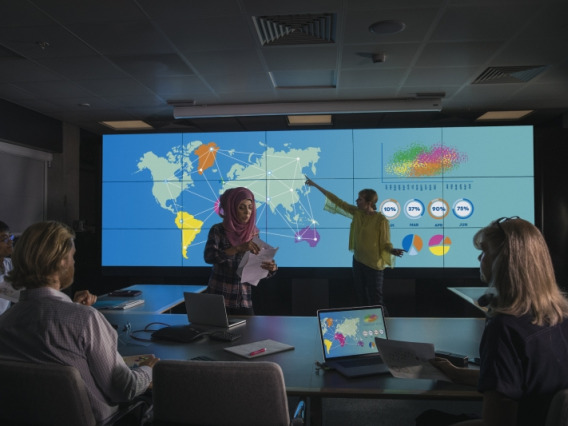
Geography
This interdisciplinary degree combines physical and social sciences; you may focus on specific world landscapes and cultures or on areas such as urban, political, economic or cultural geography, or on human-environment relations. Learn to analyze data and policy in order to address and research critical questions about the world you live in.
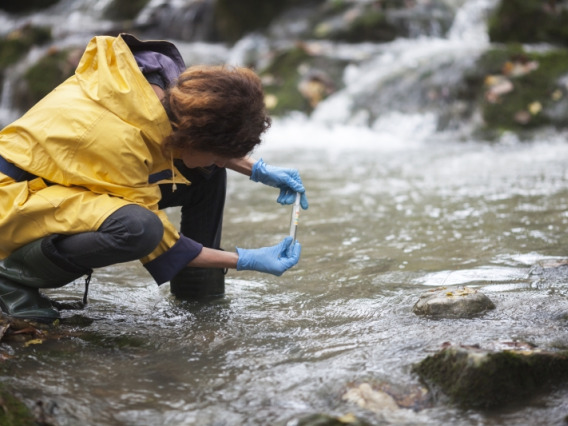
Geosciences
Earth, Ocean, and Climate Emphasis
Develop an understanding of Earth's climate—past, present, and future—and the important connections between the solid Earth, oceans, and atmosphere, and how they influence modern climate dynamics. Graduates pursue careers in environmental geology and scientific research in fields such as oceanography, climate science, surficial processes, paleoclimate, paleoecology and more.

Geosciences
Geology Emphasis
Develop understanding of the structure of the Earth, evolution of life on Earth, plate tectonics, formation and importance of Earth materials and natural resources, processes that shape and change our planet, and linkages between humans and our physical environment. Graduates pursue careers in research, energy, mineral resources, academia, and more.

Geosciences
Geophysics Emphasis
Learn fundamental concepts in geosciences including the basic structure of the Earth, major events in the evolution of life on Earth, plate tectonics, formation and importance of Earth materials and natural resources, processes that shape and change our planet, and linkages between humans and our physical environment.
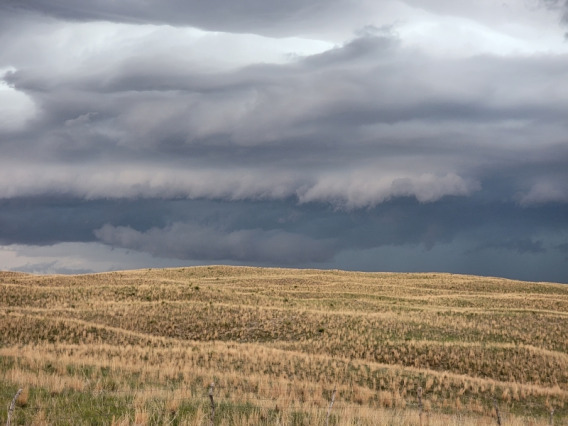
Hydrology and Atmospheric Sciences
Atmospheric Sciences Emphasis
Battle climate change and the impacts of severe weather in at-risk communities by analyzing weather and climate, forecasting, and assessing effects on the planet and people. Following requirements of the National Weather Service, the American Meteorological Society, and the World Meteorological Organization, this major translates to a variety of careers in corporations, nonprofit organizations, and government agencies.

Mathematics
Probability and Statistics Emphasis
Master mathematical theory and hone your logic and reasoning skills in this major, positioning yourself for in-demand roles across business, tech, and research. This major caters to students aspiring to attend graduate school in statistics, economics, or a related subject. Must include a minor outside of the Department of Mathematics.

Medicine
Medicine and Society Emphasis
Explore a variety of topics in courses taught by practicing physicians and medical scientists including what it is to be a healthcare professional; medical ethics; professionalism; health care delivery to improve quality care; advanced anatomical, biochemical, neurological, and physiological science; pathology of disease; mechanisms of treatment; and integrative therapies.
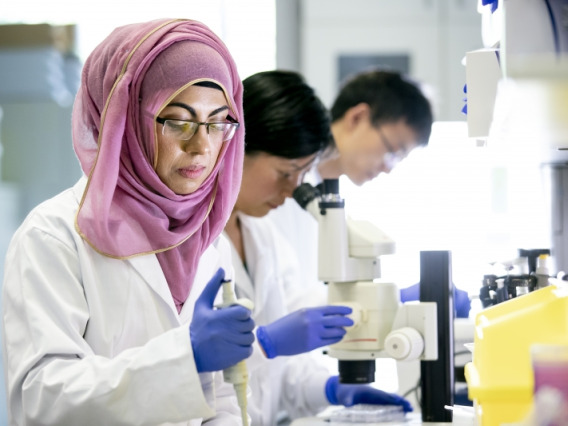
Microbiology
Learn how microorganisms interact with their surroundings with diverse coursework in food safety and consumer health; plant pathology and microbiology; environmental microbiology; microbial genomics and biotechnology; and medical microbiology. This program cultivates your expertise in preparation for highly specialized professions from biotechnology to medical science.
Pagination
Environmental Themes
Career Fields












